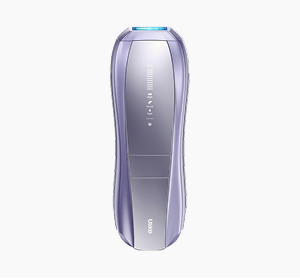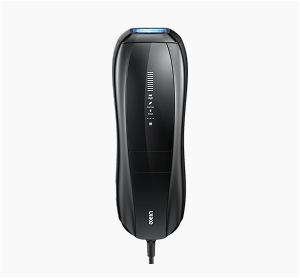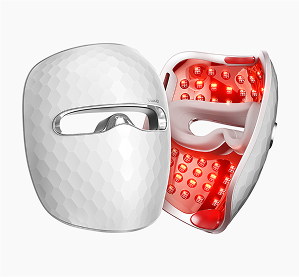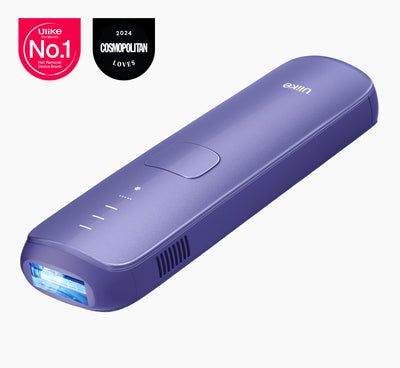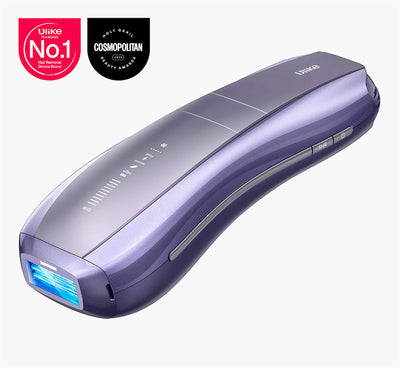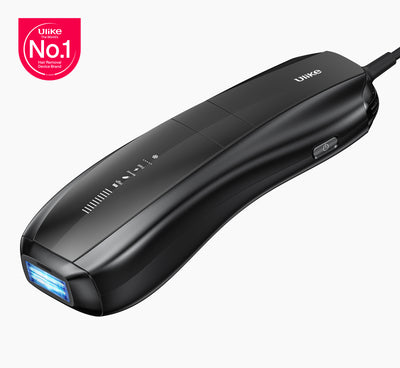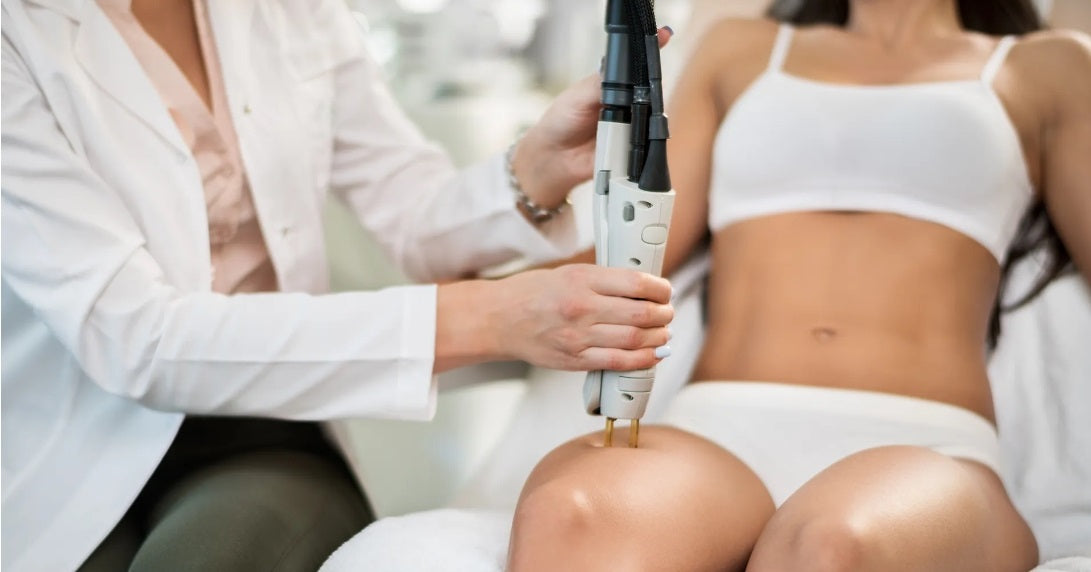
Laser Hair Removal and Medications to Avoid (2025 Guide)
Laser hair removal has gained considerable popularity in contemporary times due to its effectiveness in reducing unwanted body hair. However, the best outcome relies on some conditions including the patient’s skin type, the kind of laser technology available as well as any medication that the patient is using. It also interacts with certain drugs and may have adverse effects or decrease the efficacy of the therapy being administered. When it comes to the safety and efficacy of laser hair removal with those medications, this is a highly important piece of information. In this article, you will get to know about the medications that shouldn’t be taken before, during, and after the laser hair removal process and how these medications can affect the treatment itself. You will also understand why the person undergoing laser treatment is supposed to disclose the list of medicines he has been using to the treating dermatologist.
Table of Contents:
- Part 1: How Laser Hair Removal Works
- Part 2: Medications That Interfere with Laser Hair Removal
- Part 3: Photosensitive Drugs and IPL
- Part 4: The Importance of a Pre-Treatment Consultation
- Part 5: Alternatives to Laser Hair Removal
How Laser Hair Removal Works

The principle mechanism by which laser hair removal works is characterised by focused light energy targeting the pigment (melanin) in the hair follicle. The laser turns the pigment into heat energy, which destroys the hair follicle and prevents future growth. Laser works best on darker hair and lighter skin (currently), but improvements in laser technology are enabling it to work better on more skin types and currently, people with varied skin types can achieve desired results.
However, laser hair removal also comes with certain limitations. The last which is the most overlooked during the process is that some medications enhance photosensitivity and increase the vulnerability of skin to develop irritation, burning or pigmentation abnormalities.
Medications That Interfere with Laser Hair Removal
Certain medications used with laser treatment can make the skin more sensitive to light, including the light used in the laser treatment. These medications are referred to as photosensitizing medications, and they may cause complications such as burns, blisters and hyperpigmentation during laser treatment. It is imperative to be aware of these complications if you are opting for laser hair removal.
-
Antibiotics (Tetracyclines and Fluoroquinolones)

Tetracyclines (such as doxycycline) and fluoroquinolones are commonly prescribed antibiotics they are significantly associated with increased photosensitivity. If you are on these antibiotics, your skin may become more prone to burning or developing hyperpigmentation, especially after exposure to laser. Dermatologists usually recommend to wait until you have completed the course of antibiotics prior to commencing or continuing laser treatments.
-
Retinoids (Accutane/Isotretinoin)
Retinoids, particularly isotretinoin (Accutane ®), are powerful medications commonly prescribed as a treatment for acne vulgaris. This group of medications causes the skin to become more fragile and prone to develop redness and irritation. Laser hair removal is typically not advisable for patients who are taking isotretinoin because of acne or any other condition as there is an increased risk of developing scars, excessive redness (erythema), and delayed wound healing. It is generally advised to stop using isotretinoin preferably at least six months before undergoing a laser hair removal session to avoid serious side effects.
-
Oral Contraceptives

While oral contraceptives don't directly affect laser hair removal, in some cases birth control pills can make your skin more photosensitive. In particular, these include drugs with higher estrogen doses. Increased photosensitivity may increase the risk for skin irritation or hyperpigmentation from treatment. The type of oral contraceptive you're using will help your dermatologist assess any potential risks during a full consultation.
-
Non-Steroidal Anti-Inflammatory Drugs (NSAIDs)
Some common over-the-counter pain relievers like ibuprofen and naproxen can make the skin even more sensitive to UV and laser light. Although NSAIDs are not usually an issue when it comes to laser hair removal, they do increase your risk of skin irritation or burns. Unless prescribed by your treating doctor, it is best not to take them during or shortly before or after your laser hair removal session. Also, it should be communicated with your dermatologist before the session.
-
Antifungal Medications

Certain antifungal medications such as griseofulvin are also known for causing photosensitivity increasing the risk of getting your laser hair removal complicated as well. If you are on antifungals, you must inform your dermatologist, who may suggest putting it off the treatment for a while or probably changing your medication to a safer option before you can have laser hair removal done.
-
Diuretics
Diuretics are medications that help remove excess fluid from the body and are often prescribed for diseases like hypertension or heart failure. Certain diuretics can increase photosensitivity and make patients prone to developing burns and hyperpigmentation while undergoing laser treatments. Do not use diuretics without the advice of your doctor.
Photosensitive Drugs and IPL
Similar to the type of treatment that is often proposed for hair removal and skin rejuvenation with laser, Intense Pulsed Light (IPL) treatments also use a broader spectrum of light. Photosensitizing medications also strongly influence the level of IPL. As with most IPL treatments, the medications that interfere with laser hair removal treatments are generally contraindicated due to the risk of burns, hyperpigmentation, and other adverse skin reactions.
IPL can raise concern for those individuals using photosensitive drugs as they can enhance the effect of the light on the skin to produce unwanted results. If patients are taking any of the aforementioned photosensitive medications, it is better for them to avoid IPL therapy. Therefore, you should always consult your dermatologist if it is safe to proceed with IPL and if any adjustments to your medication regimen are required.
The Importance of a Pre-Treatment Consultation

Before p[ting for any laser hair removal program, seek the advice of a dermatologist. Your medications, whether over the counter or herbal supplement, may also affect your sensitivity to laser light, therefore it is important to disclose it all during the consultation.
A trained dermatologist will evaluate your medical history (all medications that may cause adverse reactions with laser hair removal), and tell you whether to proceed or not. There may be times when you will have to stop taking medications or delay the treatment to prevent complications. If you are on the short term prescription like antibiotics, dermatologists tend to do laser hair removal treatment once you have completed the course of the prescribed medication.
Alternatives to Laser Hair Removal
If you are on medications that interfere with laser hair removal, or if stopping your medication is not an option, there are a few alternative hair removal methods you may consider:
- Electrolysis - Unlike laser hair removal, electrolysis involves inserting a tiny needle into the hair follicle and applying an electric current to destroy it. It is a good option for those on photosensitizing medication because electrolysis does not use light energy.
- Waxing or Sugaring
These methods require no light-based technology, making them safe if you are on photosensitive medications. But they are painful and do tend to require regular maintenance.
- Depilatory Creams
Depilatory creams break down the hair shaft with a chemical and are generally safe for most people, even though those with sensitive skin may find them more irritating.
Conclusion
While laser hair removal is a powerful and long-lasting method of getting rid of unwanted hair, you need to plan carefully if you are on medications that make your skin more photosensitive. Antibiotics, retinoids, NSAIDs are some of the drugs that can interfere with the effectiveness of the laser, as well as with an adverse skin reaction. If you are planning on having laser treatments, always consult a dermatologist before getting a session done, so that you know what risks may be involved with the medications you are taking. If you are properly planned out and consulted, you can have safe and effective results with your laser hair removal sessions.
A thorough understanding of the drug interaction with laser will help you avoid complications before starting your hair removal with laser treatments to make your process smoother and more comfortable.
References
- https://www.ecoskinclinic.co.uk/post/laser-skin-treatments-contraindications-aftercare
- https://www.clearskin.in/blog/medications-and-applications-to-avoid-after-laser-hair-removal-treatment/
- https://bmla.co.uk/drugs-and-laser-ipls/
Author Bio:
Dr. Ahsan Farooq Khan is a physician and a senior clinical fellow in dermatology. After completing his postgraduation in medicine, he completed his training in the sub-speciality of dermatology. He has considerable experience in diagnosing and treating a myriad of patients with dermatological issues. Dr. Khan has a special knack for aesthetic medicine and he is highly trained and well-equipped to deal with energy-based devices. He has been performing procedures with lasers for a couple of years now and he has treated many patients successfully for hirsutism and scars and various other issues with the help of various modalities of lasers. He is also a research enthusiast and recently secured first position in the biggest annual international conference of dermatology in his country.

IPL Hair Removal for Weddings: A Realistic Timeline for Smooth, Photo-Ready Skin
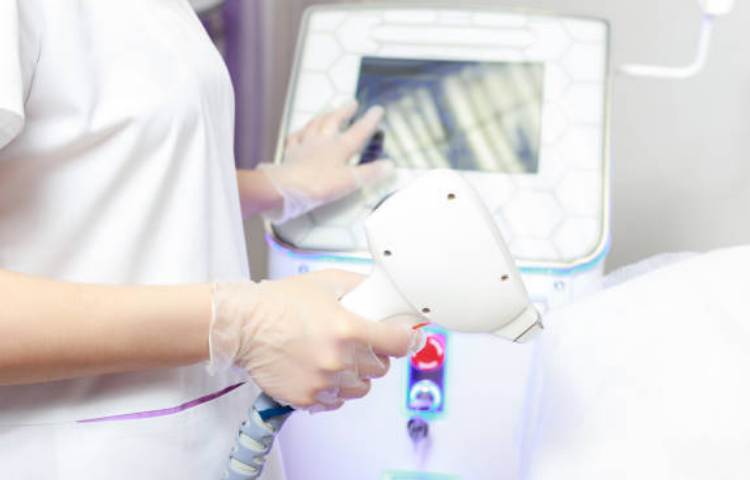
Electrolysis Hair Removal: What to Expect (Permanence, Pain, Cost)

What Is IPL Hair Removal? How It Works, Results, Safety, and Bikini Use
Need guidance?

